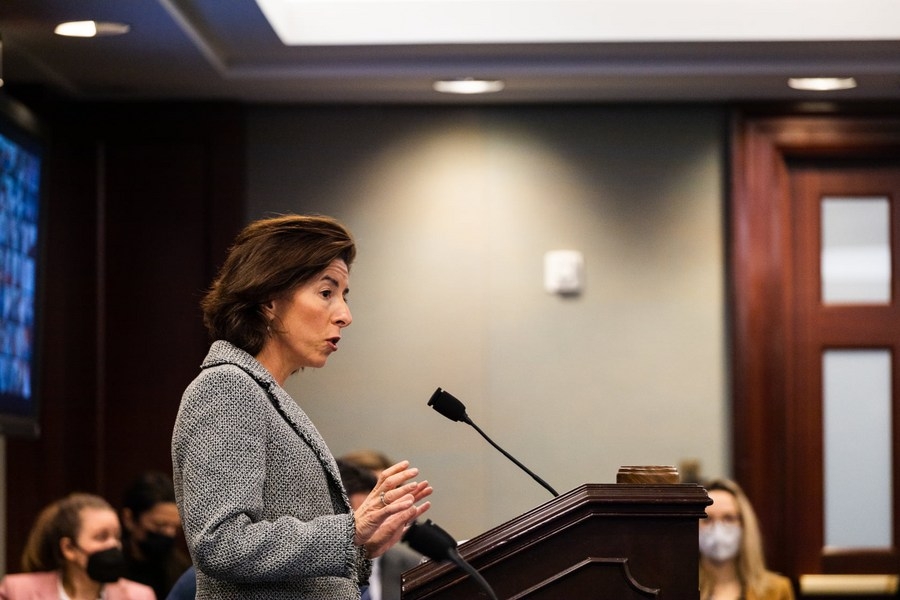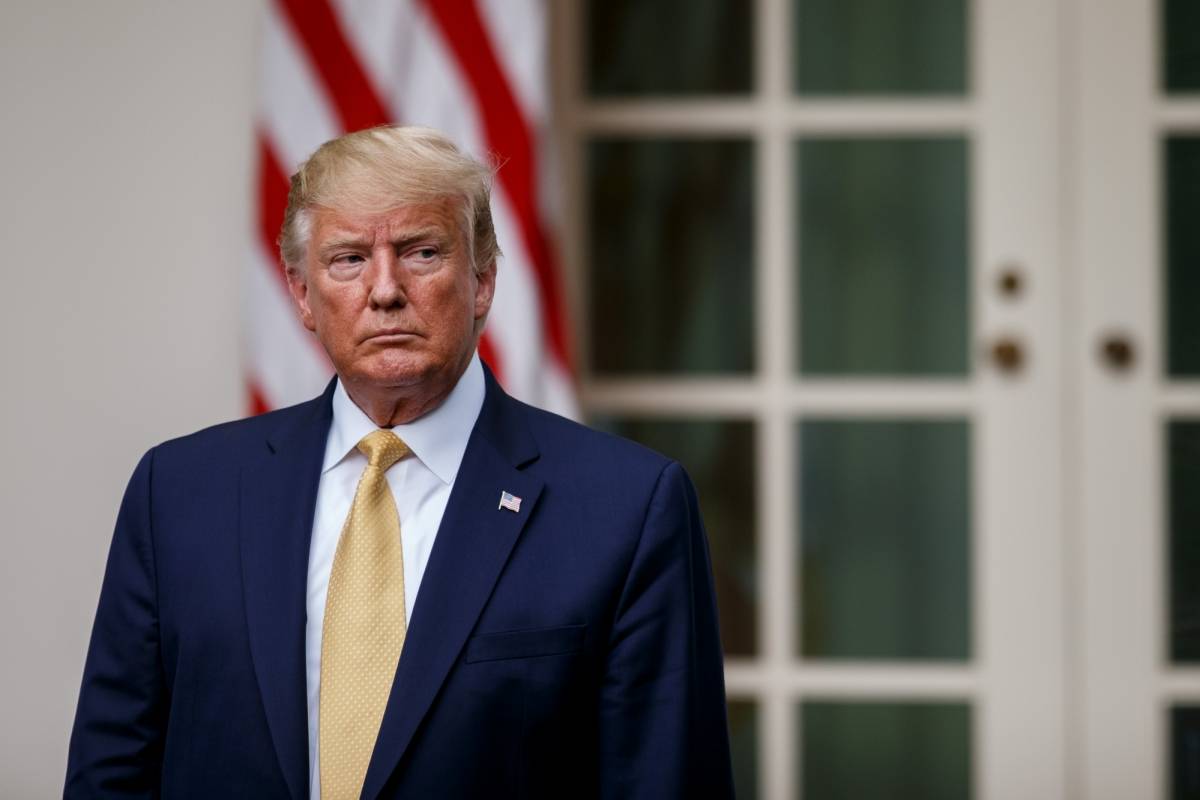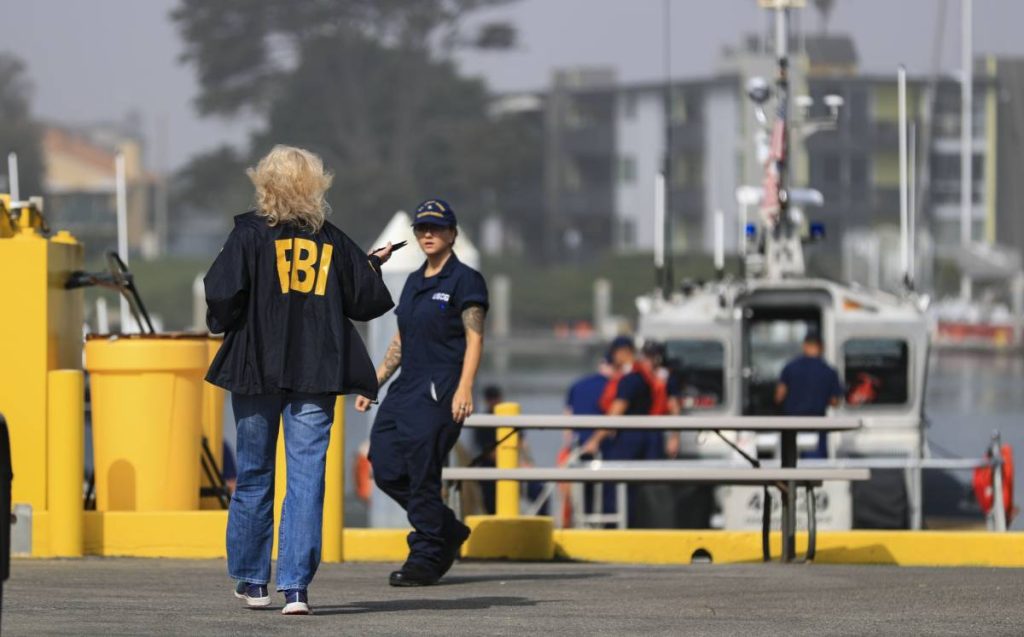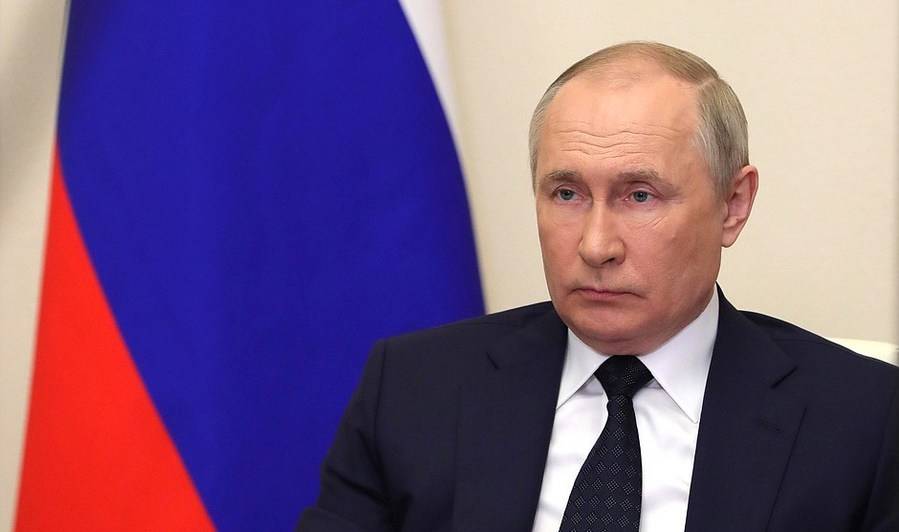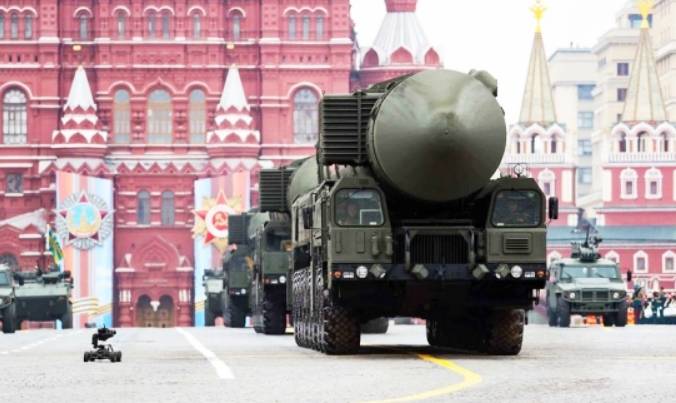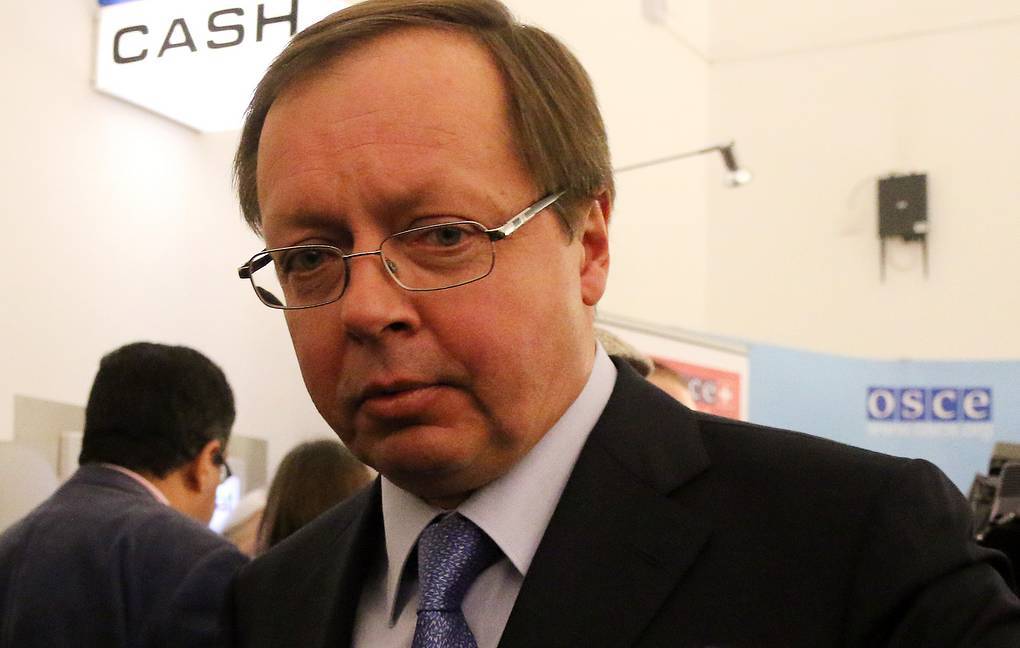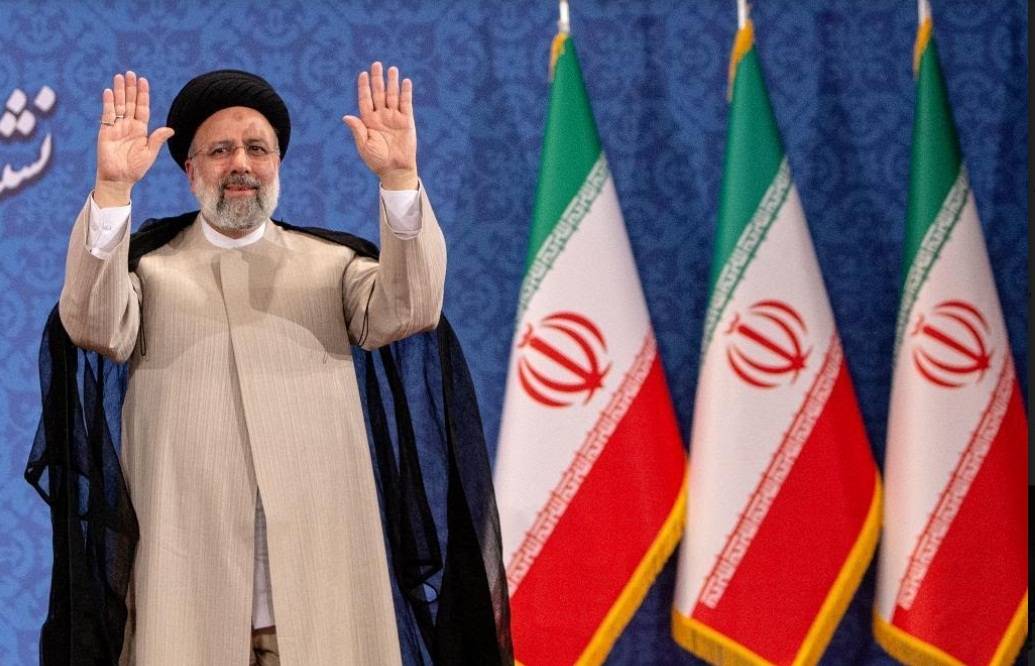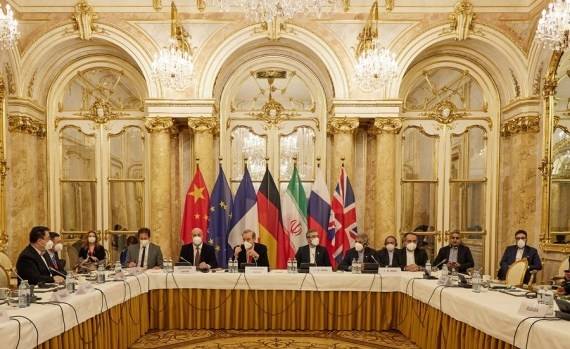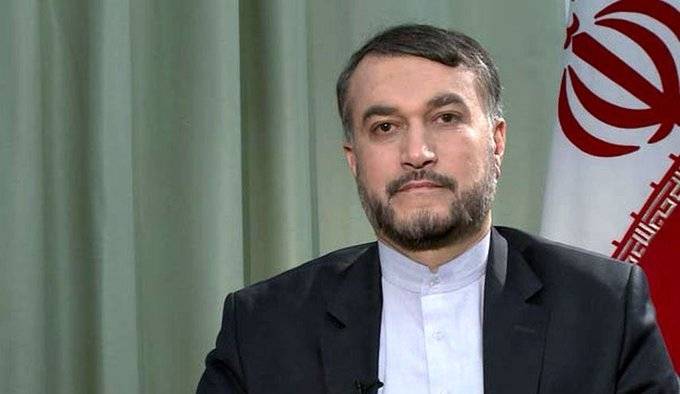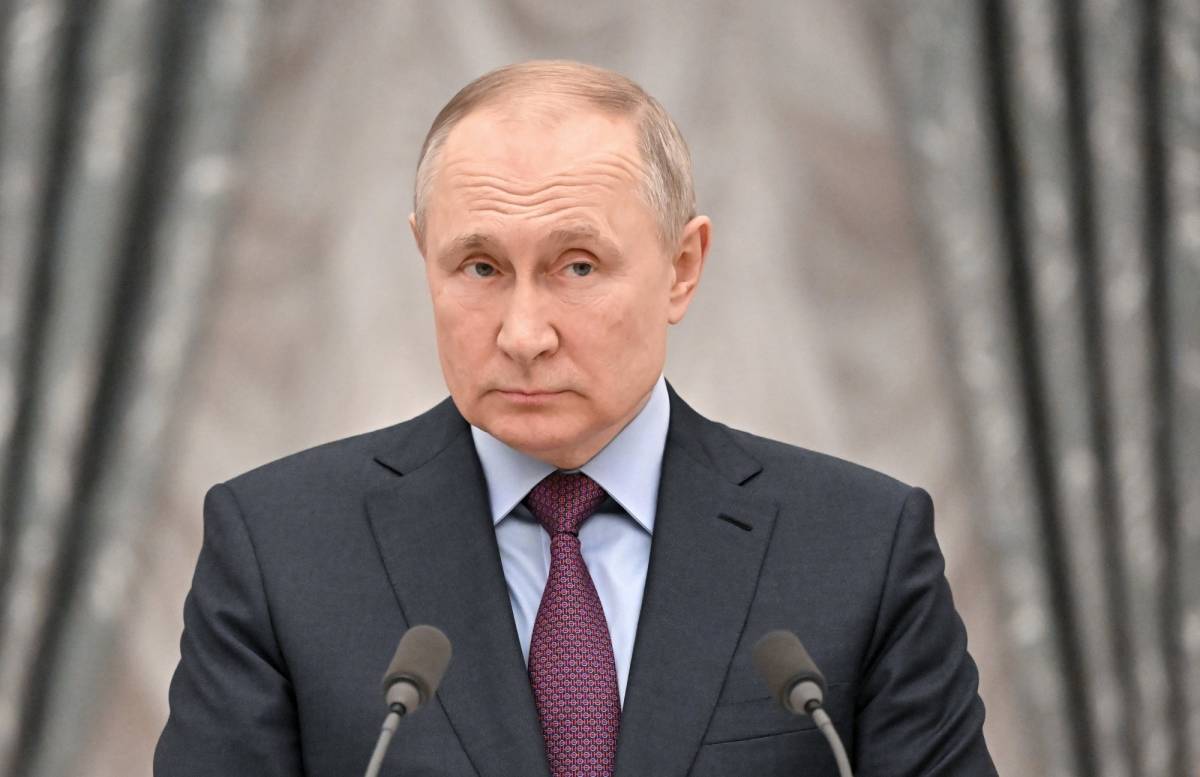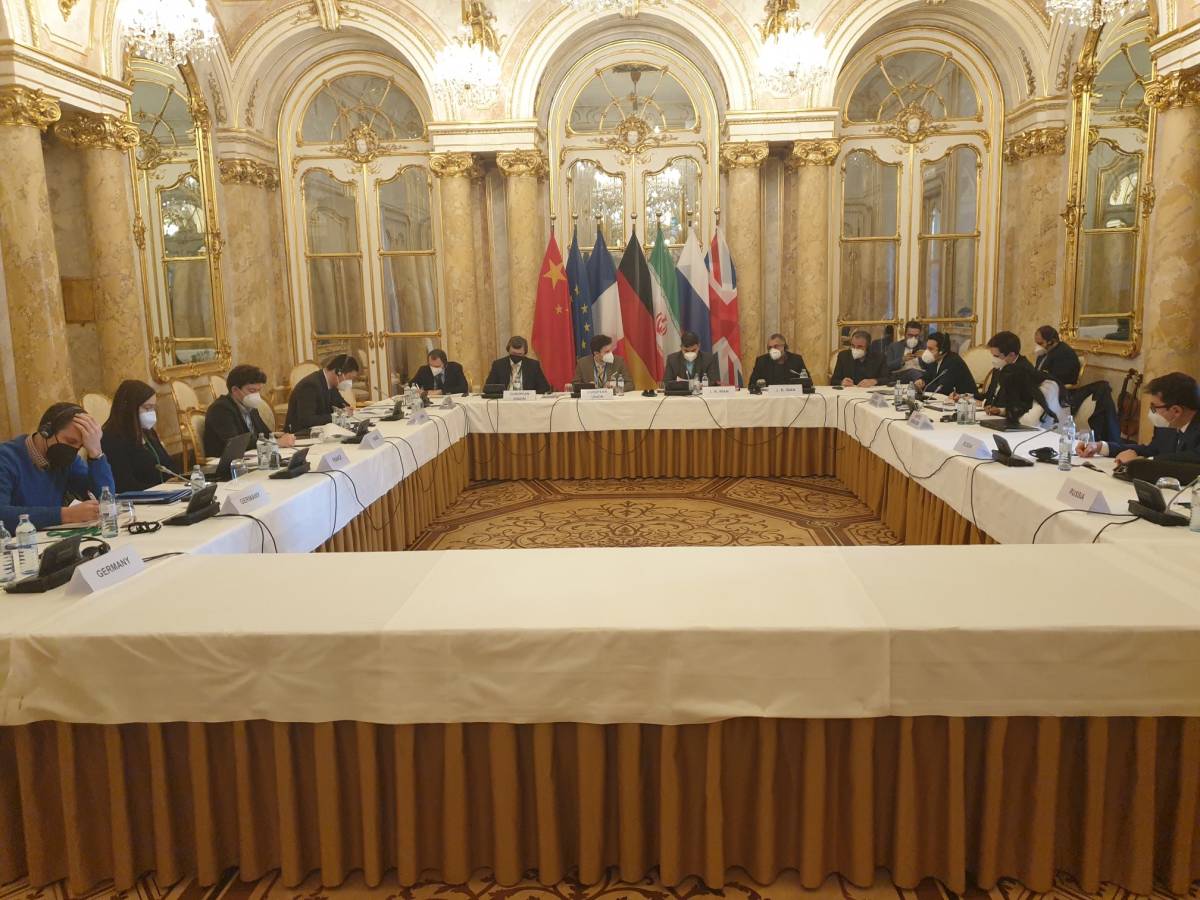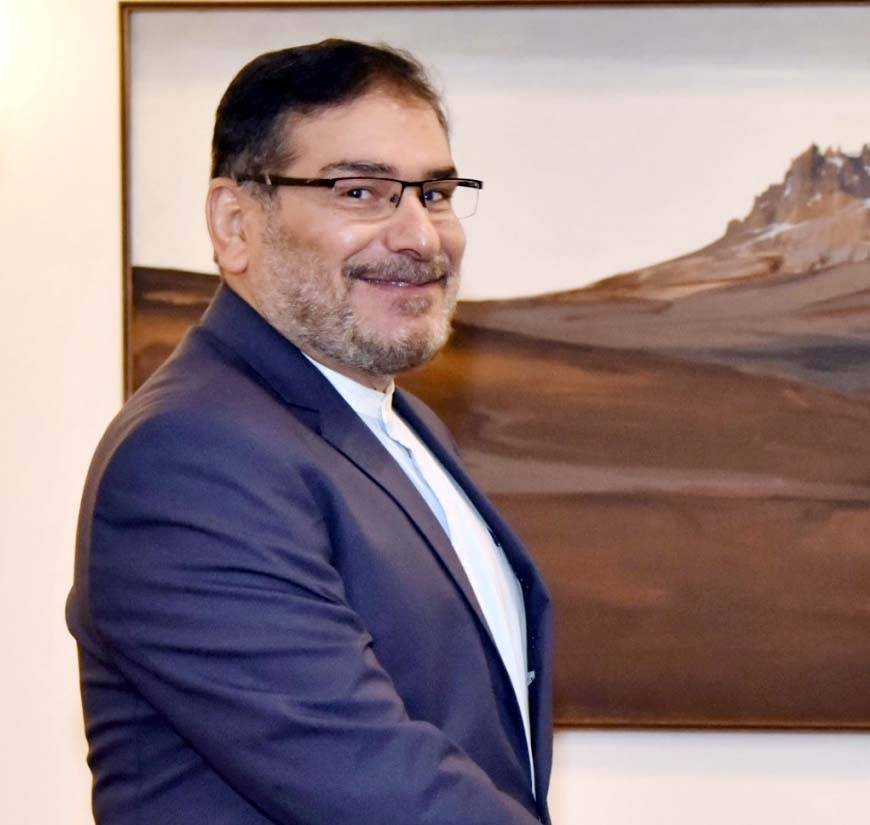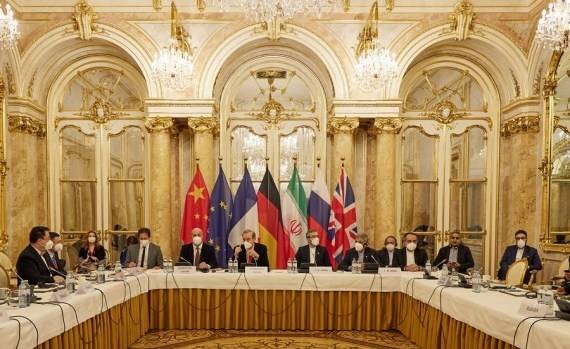The US Commerce Department’s Entity List (blacklist) includes a separate category titled, “Ballistic Missile and Unsafeguarded Nuclear Activities”.
An unspecified number of Pakistani companies have been added to a list of 14 entities put on a US trade blacklist for their alleged involvement in missile and nuclear activities, the media reported.
The US Commerce Department’s Bureau of Industry and Security (BIS) added 37 entities to its Entity List (blacklist) for allegedly contributing to Russia’s military and/or defence industrial base, supporting China’s military modernisation, and facilitating or engaging in human rights abuses in Myanmar and in China, Dawn reported.
The list includes a separate category titled, “Ballistic Missile and Unsafeguarded Nuclear Activities”.
The statement said that “fourteen entities based in China and Pakistan are being added to the Entity List for contributing to ballistic missile programs of concern, including Pakistan’s missile program, and for involvement in unsafeguarded nuclear activities”.
“We act to stand against proliferators, oppose military aggression in the case of Russia and China’s military modernisation, and protect and advance human rights,” US Deputy Secretary of Commerce Don Graves said in a statement issued with the list, Dawn reported.
“The US will not allow diversion of peaceful trade in ways that undermine our values and weaken our security. That’s exactly what we are saying today,” added Under Secretary of Commerce for Industry and Security Alan F. Estevez.
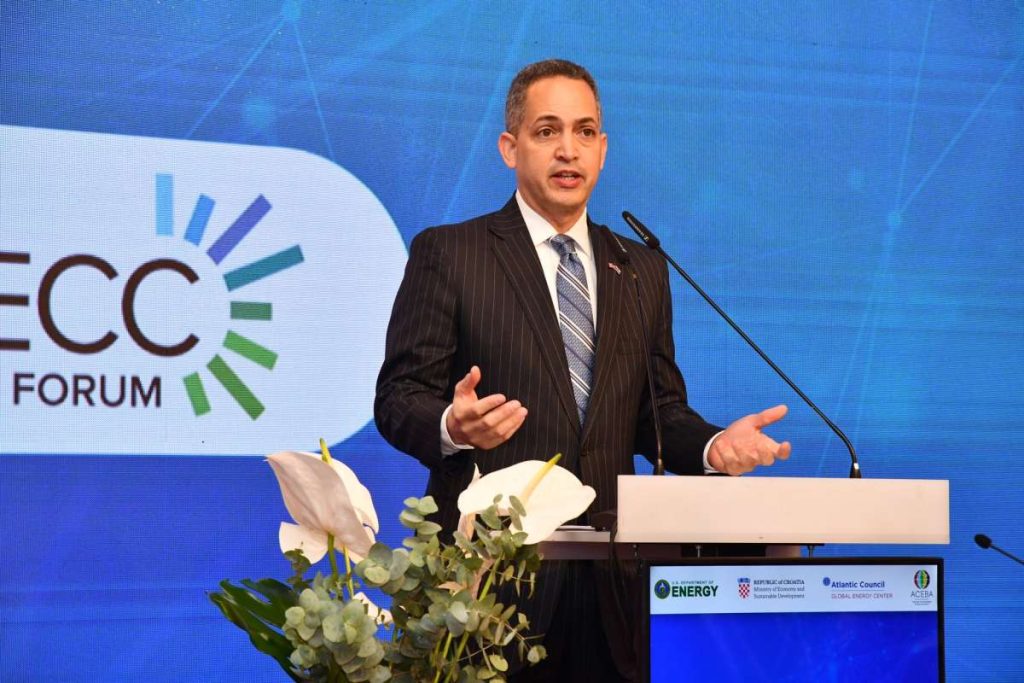
Thursday’s listings include three entities in Russia, Belarus, and Taiwan added to the list for their allegedly significantly contribution to Russia’s military and/or defence industrial base.
Eighteen entities based in China were added to the list for acquiring and attempting to acquire US origin items in support of China’s military modernisation efforts, and for supplying or attempting to supply a sanctioned entity in Iran, Dawn reported.
Six entities based in China and Myanmar were added for violations of human rights.
The statement claimed that Chinese entities had engaged in the collection and analysis of genetic data, which posed a significant risk of contributing to monitoring and surveillance by the Chinese government, including the targeting, detainment, and repression of ethnic minorities in China as well as diversion of such information to the Chinese military programmes, Dawn reported.
ALSO READ: Pakistan denies again: No backchannel talks with India

